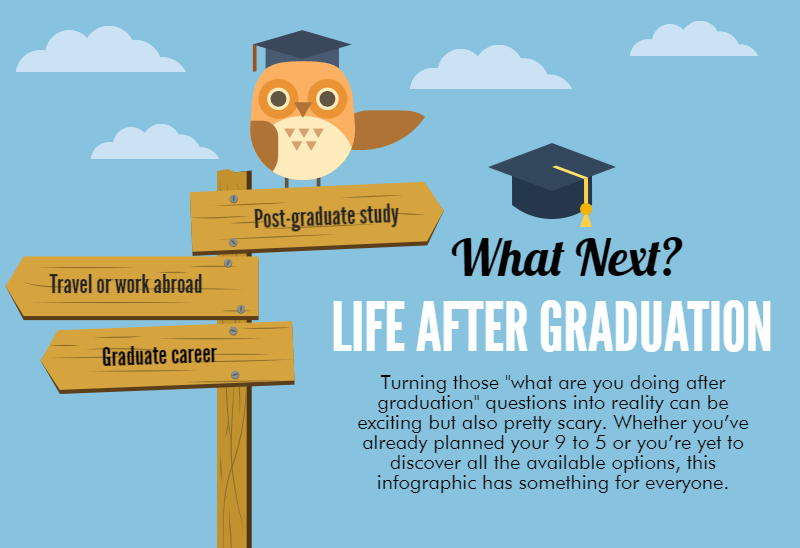What Should Do After Graduation: After graduation, consider your career goals, interests, and skills. Explore job opportunities, internships, or further education options such as graduate school or specialized training programs. Network with professionals in your field, seek mentorship, and continue learning and developing new skills to enhance your career prospects.
IBN24 NEWS NETWORK Facebook Channel Link: https://www.facebook.com/ibn24newsnetwork
Further Education: If you have a passion for a specific field and want to deepen your knowledge or pursue a career that requires advanced qualifications, you might consider pursuing further education. This could involve pursuing a master’s degree, Ph.D., or professional certifications.

Enter the Workforce: Many graduates choose to enter the workforce directly after graduation. You can start applying for jobs in your field of study or explore entry-level positions related to your interests and skills. Consider internships, entry-level positions, or graduate schemes to gain practical experience.
Internships or Apprenticeships: Internships or apprenticeships can provide valuable hands-on experience, help you build professional networks, and enhance your resume. Consider seeking internships in industries or organizations that interest you to gain relevant experience.
Travel or Volunteer: Some graduates choose to take a gap year to travel, volunteer, or explore different opportunities before committing to a career or further education. This can be a valuable time for personal growth, gaining new perspectives, and building life experiences.
Start a Business: If you have an entrepreneurial mindset and a viable business idea, you might consider starting your own business. This could involve launching a startup, freelancing, or turning a hobby into a business venture.
Professional Development: Invest in your skills and knowledge through workshops, online courses, or certifications to enhance your employability and career prospects. Continuous learning is essential for staying competitive in today’s job market.
Networking: Build and maintain professional connections through networking events, online platforms like LinkedIn, and informational interviews. Networking can help you discover new opportunities, gain insights into different industries, and connect with potential mentors.
Career Counseling: Consider seeking guidance from career counselors or mentors who can help you explore your interests, strengths, and career options. They can provide valuable advice and support in navigating the post-graduation transition.
Ultimately, the best path for you will depend on your individual interests, goals, and circumstances. Take the time to reflect on your aspirations, do thorough research, and consider seeking advice from mentors or career advisors to make an informed decision. Remember that it’s okay to explore different options and that your career journey may evolve over time.
IBN24 NEWS NETWORK YOUTUBE Channel Link: https://youtube.com/@IBN24NewsNetwork?si=ofbILODmUt20-zC3
Read this also – Canada to restrict study permits: Canada will limit the number of study permits for international students to 2.92 lakh this year.